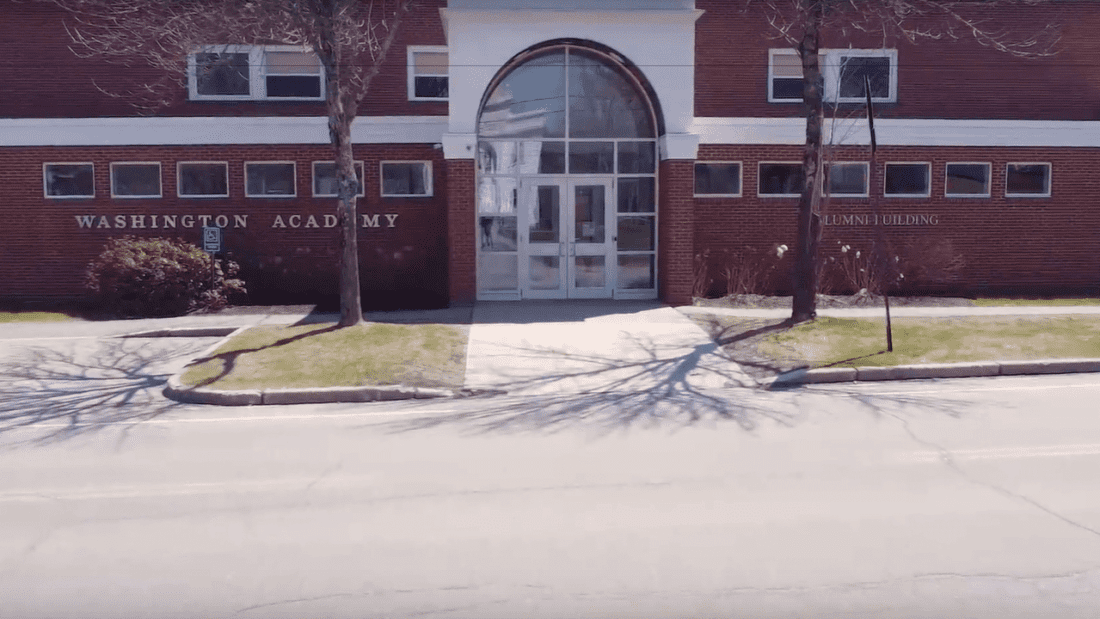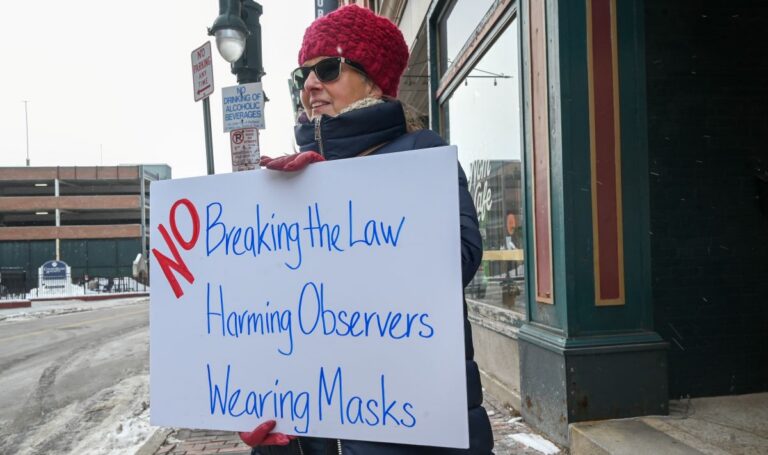Legislation that calls for periodic reviews of both private and public schools in Maine to ensure they are complying with the Maine Human Rights Act, health and safety requirements and basic school approval standards was the subject of a public hearing by the legislature’s Education and Cultural Affairs Committee this month.
The measure would have schools selected at random for comprehensive reviews by the Maine Department of Education.
Rep. Rebecca Millett of Cape Elizabeth, the sponsor of the bill, stated that she brought the measure forth because of her work on earlier legislation that stemmed from issues at Washington Academy, a private school in East Machias.
“I discovered that the commissioner of the Department of Education has no authority to respond to a complaint in regards to a private school that receives state approval,” she noted. “Additionally, while Maine has a host of requirements schools must meet for school approval and legal requirements protecting students from discrimination, there is no verification by the department of the self-certifying process used by schools.”
John Kosinski of the Maine Education Association, who testified in support of the measure, said the association supports the bill’s proposal to include compliance with the Maine Human Rights Act, reminding the committee of “the harrowing allegations” made previously by a teacher at Washington Academy.
“The teacher found a noose in her classroom and claims her children experienced racism as students at the school. Concerns were brought to administration, yet little to nothing was done,” he said, adding, “The teacher and her family moved out of state.”
Kosinski noted that although the state has “hundreds of pages of laws” concerning school operations, if a school fails to follow the law “the only right of action may be to take the school to court and ask the court to compel the school to comply.”
In many cases, sections of law “remain largely unenforceable.” He noted that in one case a teacher sustained serious eye damage because of the actions of a student, but the administrator claimed the student’s behavior was not dangerous and therefore the dangerous behaviors law did not apply.
He also noted that one law firm in the state, Drummond Woodsum of Portland, “provides basically all the opinions and expertise” to both administrators and school boards on legal questions, which “has perhaps clouded the opinions provided to school boards.”
The Maine School Management Association testified neither for nor against the bill, with Executive Director Steven Bailey stating that private schools should be held to the same standards as public schools. However, state law already requires the commissioner of education to determine if public schools are complying with basic school approval standards, including the Maine Human Rights Act.
Private schools, though, were opposed to the bill, with Dan Walker, an attorney representing the Maine Association of Independent Schools, stating that the schools don’t believe the legislative changes are necessary.
“We have not heard any concern warranting significant change to the statutes,” he said.
However, one of the committee members, Rep. Janice Dodge of Belfast, said she has heard about “undertones at several schools around racial identity and sexual orientation.”
Jeffrey Burroughs, head of schools at Lincoln Academy, testified that private schools are bound by the accreditation of the New England Association of Schools and Colleges, the Maine Human Rights Commission and Title IX “in terms of what our policies must be to ensure equal access, treatment and assurance of an excellent education in the State of Maine.”
He felt the bill is “a further attempt to convert our schools into a public school.” And he wondered whether the bill would allow the commissioner of education to take authority over the Maine Human Rights Act.
“Does this bill allow the State of Maine to take over a private school by issuing a corrective action plan and threatening to suspend collection of town funds for students served?” he asked.
In response to questions about equity and inclusion at the private academies, he stated that Lincoln Academy, like other schools, is “involved with active conversations about how to be more inclusive,” adding, “The issues of cultural diversity are very important.”
The committee will hold a work session on the bill in the coming weeks.
This story was originally published by the Quoddy Tides, and is republished here with permission.







